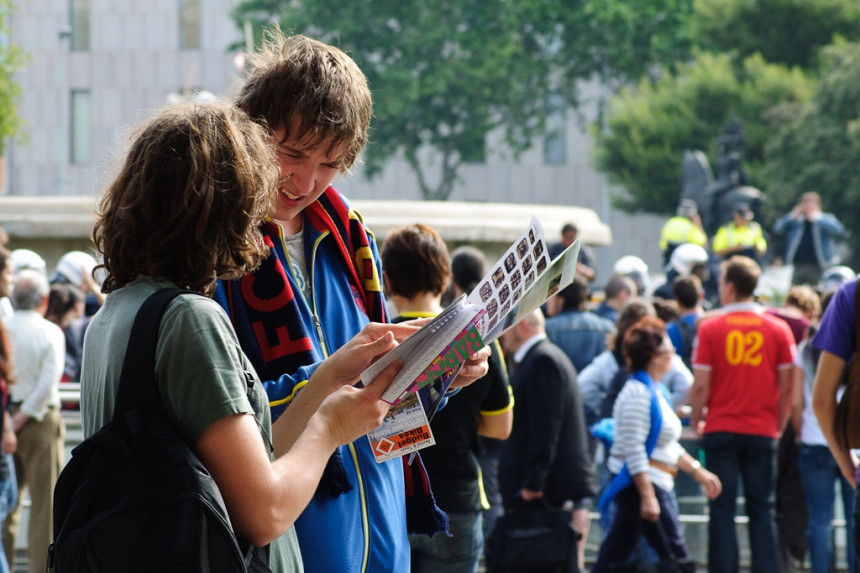
For years, Barcelona has been one of the favourite tourist destinations with over 27 million visitors each year. Tourism generates between 12% and 14% of economic activity in Barcelona, employing over 125,000 people and has become one of the economic engines of the city. Today, Barcelona is the paradigm of the model of management and promotion of tourism in the international arena as a result of the extraordinary growth of its results in tourism. The city has an excellent promotion and uptake of relevant events, supported by their organizational strengths, which the destination's own intrinsic values are added: the Mediterranean way of life, character, gastronomy and tourist infrastructure and city, which is arranged to enhance the potential of quality tourism and add value to the city.
One of the most recent municipal opinion polls showed a negative evolution of the perception of Tourism in Barcelona, as, unfortunately, happened to residents of several neighbourhoods in our city, and some conflicts erupted during the summer of 2014, as was the case of illegal tourist apartments in La Barceloneta.
Because of this, we have to position Barcelona as a quality tourism brand and attract high value-added tourism (professionals and families), adapting the tourism product and professionalizing the sector (languages, excellent service...). Certainly, quality tourism will bring more quality to the city.
From a social and urban cohesion standpoint, we have to prevent saturation that occurs in some parts of the city, and the problems of coexistence that happen in public spaces.
The CIU government did not act quickly enough
On the other hand, we must preserve Barcelona's differentiating factor that attracts tourists to our city, and prevent the loss of identity of the city by homogenization, and standardization, which, for example, has a clear exponent in the disappearance of the city's emblematic shops.
The previous CiU municipal government did not act quickly enough in relation to the negative impacts of tourism and tourist flats. In fact, the only policy related to tourism which the City Council followed was to develop tourism plans of different neighbourhoods, which was approved in the previous mandate as a government measure. In this line, the Popular Party, in December 2013, approved a proposal (no votes against) to act with new regulations and an emergency inspection plan against some of these negative impacts: illegal apartments.
But we cannot pass over the Trias government neglect and the Mayoress Colau's total block, implementing a moratorium on hotel licenses and paralysing 41 new projects in the city. This blockage could cost the city more than 3,000 million Euros in financial compensation to those affected, besides losing business and not creating new jobs.







